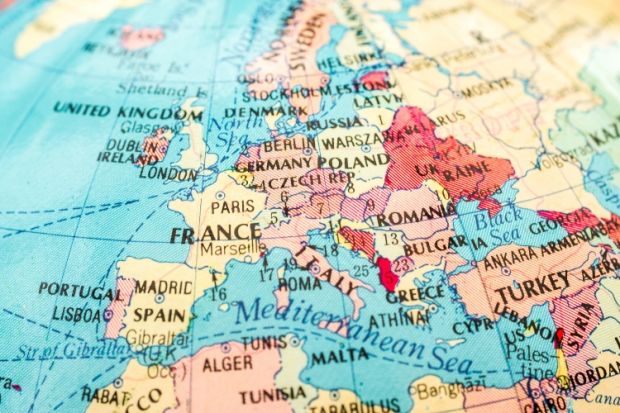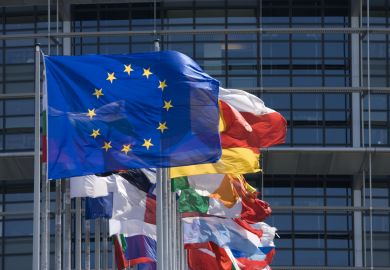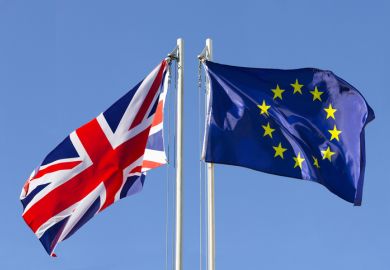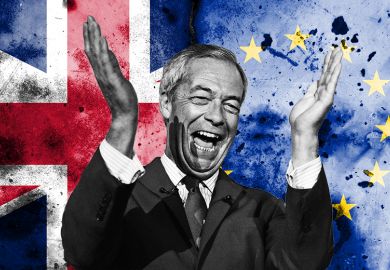Sixty years after the European Union’s founding fathers started an endeavour to maintain peace in Europe on the basis of common values and economic interest, we are asking ourselves whether we have, perhaps, over the years underestimated the role of education and culture, which are the key to turning circumstance into opportunity.
The opportunities created by education and culture come into sharp focus today as Europe’s 28 leaders meet in Gothenburg, Sweden. On this first stop on a road that will lead to Sibiu, Romania on 9 May 2019 (Europe Day), we have chosen a topic that goes to the heart of Europe’s future.
While the EU does not have direct powers when it comes to education and culture, it uses the tools at its disposal to help member states better cooperate and to make it easier for artists and teachers to work across Europe.
This is crucial given how many challenges are cross-border in nature and require a collective response. How, for instance, can we help the 44 per cent of Europeans of all ages who still lack basic digital skills? How can we uphold press freedom, media plurality and quality journalism? And how can we assert our values of freedom and democracy in the face of populism and xenophobia?
In recent years, the UK has been at the forefront of the debate on topics such as the challenges of the digital age. It has succeeded in reducing the number of early school-leavers.
Our most recent data and analysis, released only last week, show that the UK records the highest tertiary attainment in the EU. And, while the country is preparing to leave the union, UK universities remain centres of excellence. What is more, curious young Brits – like young people everywhere – will want to continue to explore learning opportunities beyond their home country.
At the European Commission, we have long encouraged member states to place education and culture at the centre of their response to modern challenges. This is why at Gothenburg we will present the EU leaders with ideas for improving educational opportunities, which we would like to see in place by 2025.
One solution we all agree on is Erasmus+, celebrating its 30th anniversary this year. The programme has helped more than 9 million people – among them more than a half a million Britons – enjoy a stay in another EU country, as students, apprentices, volunteers, interns or even as teachers.
Behind this success lies the desire of Europeans to be ever more mobile across borders, to discover how others live, work and study. By 2025, the EU could double the number of Erasmus+ participants so that at least 7.5 per cent of Europeans take part.
To help students to move around Europe, we will launch the EU Electronic European Student Card in 2019, a type of a learning passport, which will hold information on degrees, qualifications, curricula and courses followed. This will allow students to apply for training in any institution across the EU, including the most future-oriented sectors, such as science, technology, robotics or civil engineering.
Today, the recognition of diplomas or degrees across Europe – based on what is known as the Bologna Process – is non-binding and, ultimately, at the discretion of the university where a candidate applies. A new “Sorbonne Process” could go one step further. It could make it easier for students and professionals to get their secondary and higher education qualifications – as well as other training they may have done – recognised across borders.
The European Commission is ready to make a proposal to turn this vision into reality as soon as May 2018. We want to support this more straightforward process of mutual recognition with a secure electronic system for the storage and retrieval of academic diplomas, so that their authenticity can be rigorously checked.
When it comes to culture, the MEDIA programme has been a success story for European cinema since 1991. A total of €2.5 billion (£2.2 billion) has been invested in producing and screening European audiovisual films, including £55.3 million in the UK between 2007 and 2015. On average, some 60 to 70 British films get more than €6 million a year to support their distribution to cinemas in Europe (outside of the UK).
Culture is a great richness for Europe that we must preserve at a time when things move quicker and seem more short-lived than ever before. This is why Europe will dedicate 2018 to its cultural heritage – be it history, architecture, literature, film or art.
In Gothenburg, as Europe builds its future, education and culture must be the starting point. As the importance of the creative industries for the UK economy shows, education and culture drive jobs and growth. At the same time, they help to promote social fairness and to challenge populism and xenophobia.
Jean-Claude Juncker is president of the European Commission, and Tibor Navracsics is commissioner for education, culture, youth and sport.
Register to continue
Why register?
- Registration is free and only takes a moment
- Once registered, you can read 3 articles a month
- Sign up for our newsletter
Subscribe
Or subscribe for unlimited access to:
- Unlimited access to news, views, insights & reviews
- Digital editions
- Digital access to THE’s university and college rankings analysis
Already registered or a current subscriber?







